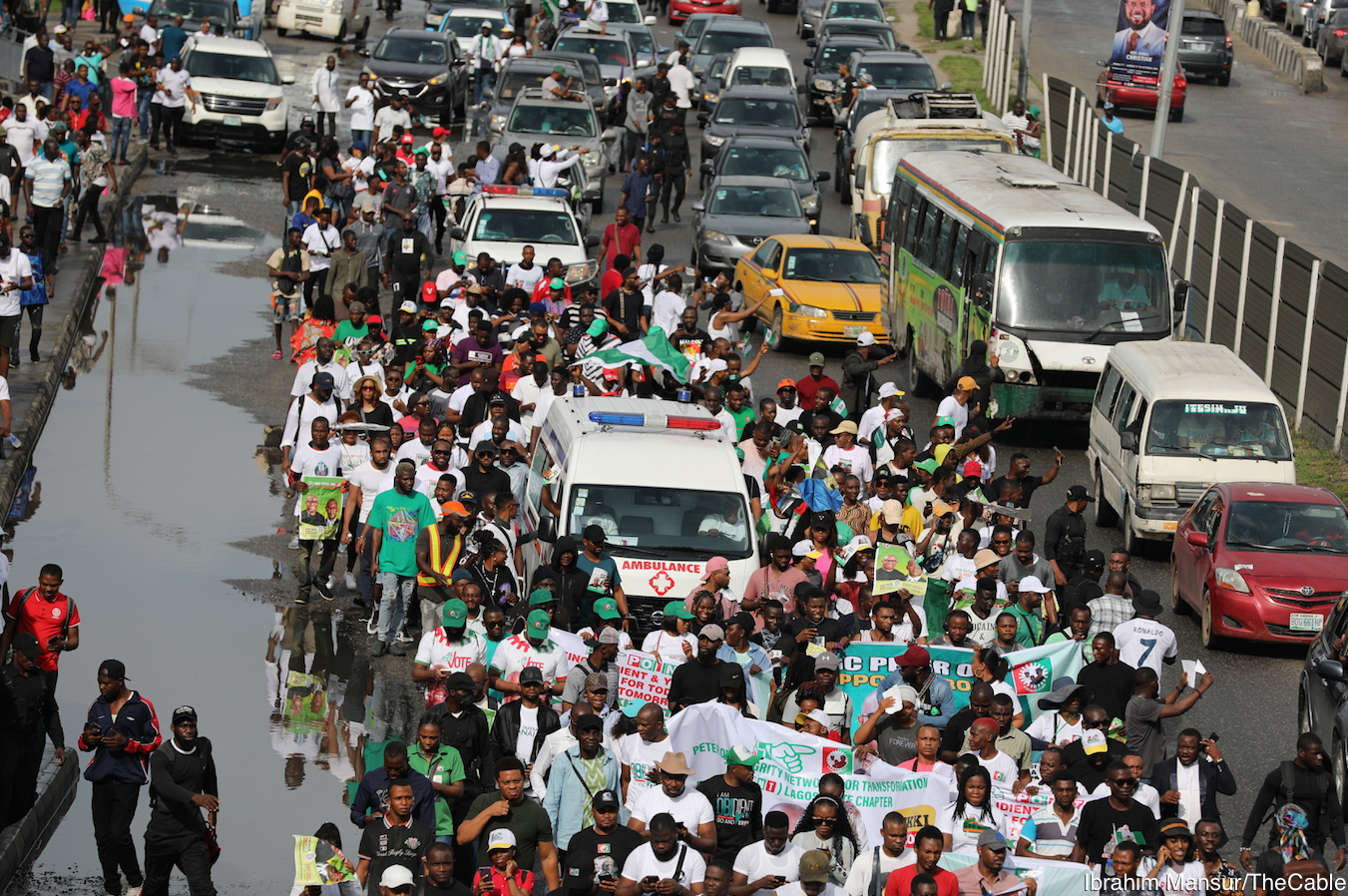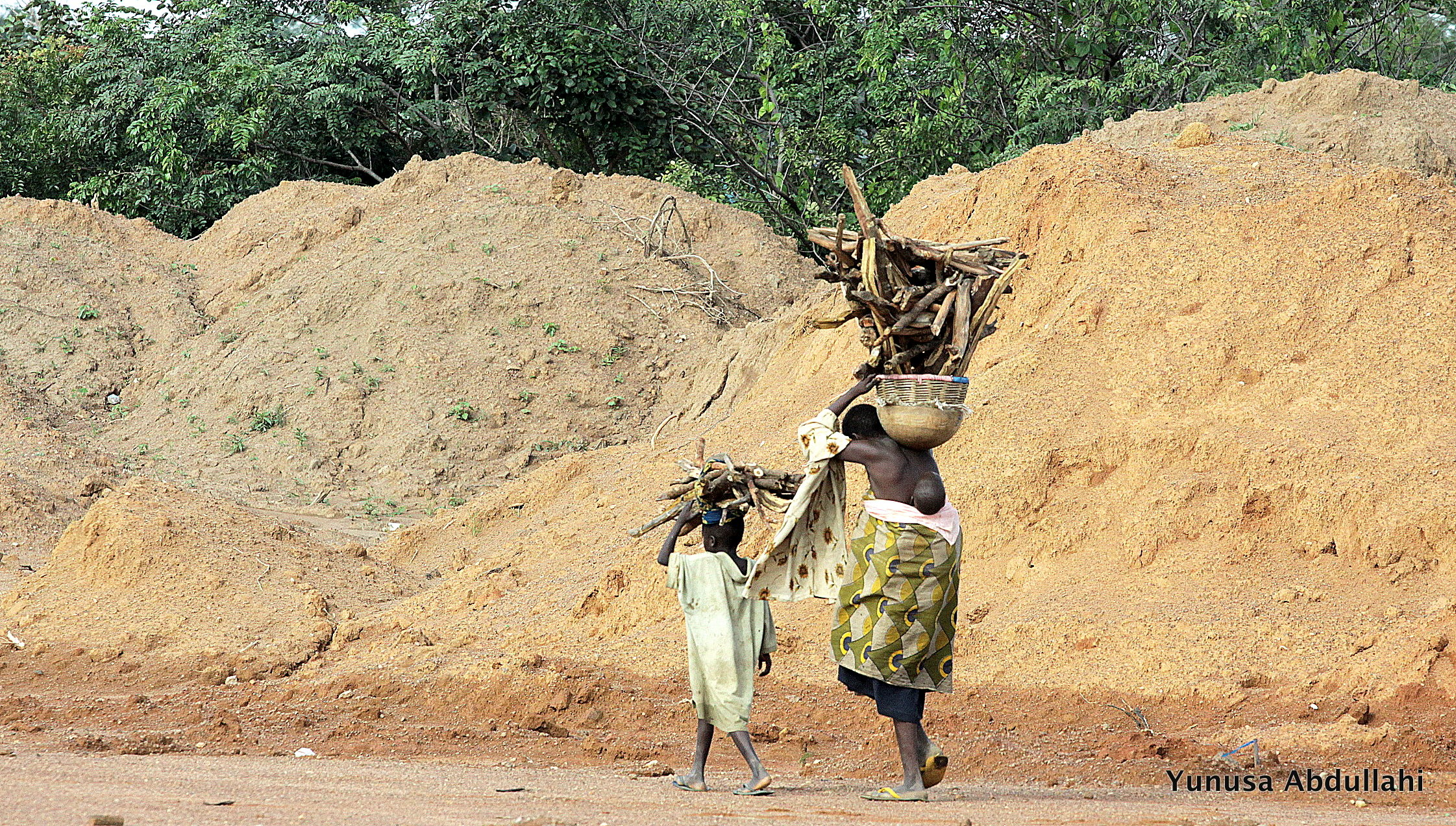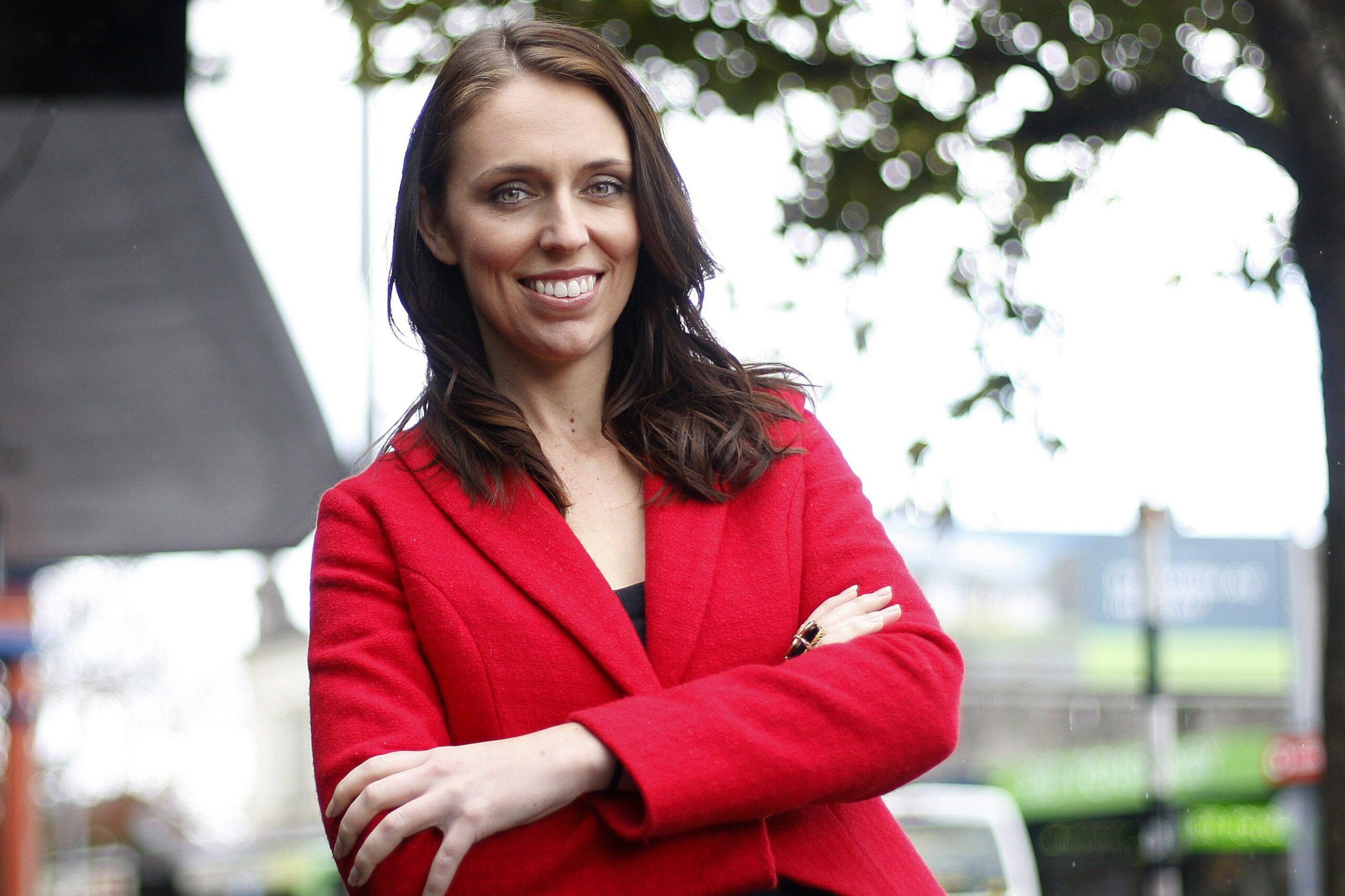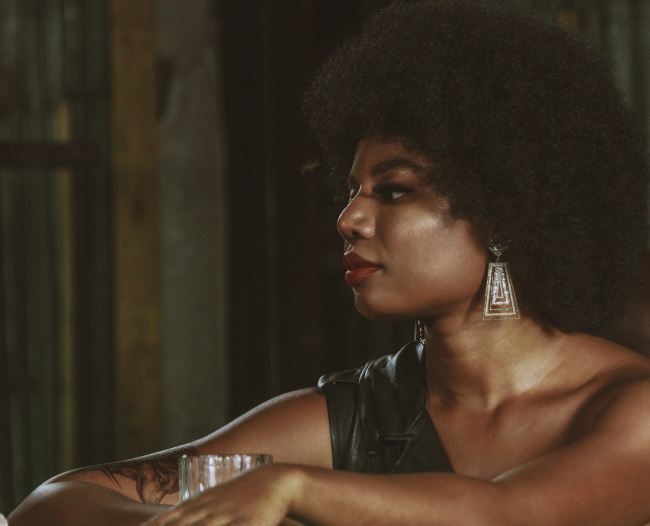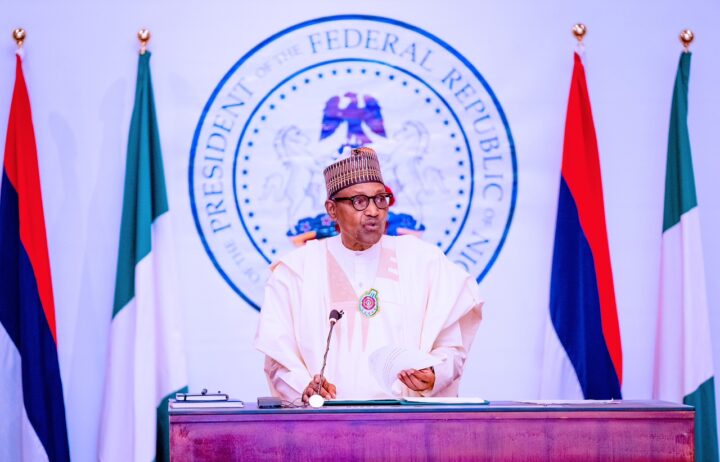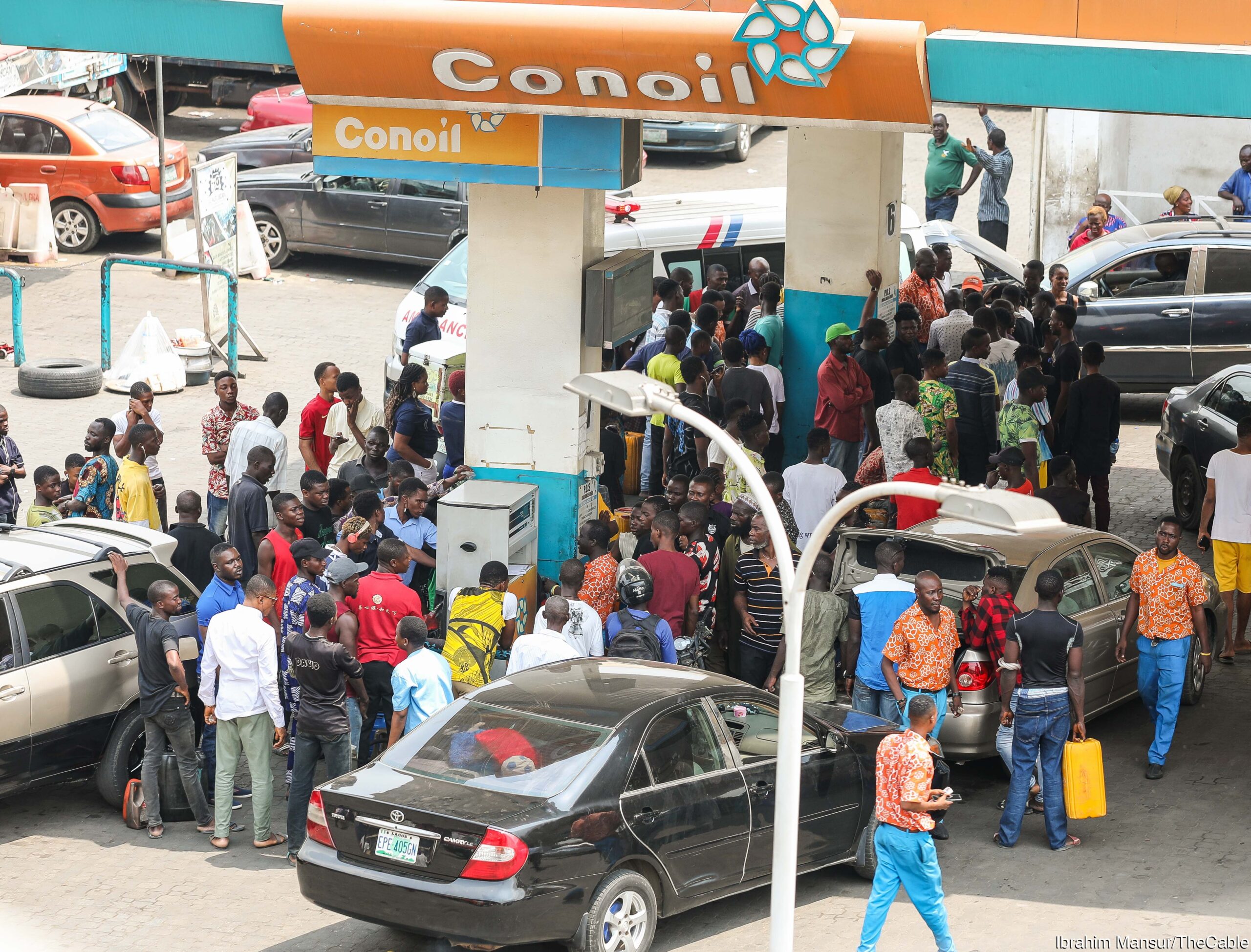The 2023 general election commences 31 days from now and expectedly, the campaign has gotten to its peak with candidates busy traversing the length and breadth of the country, reaching out to stakeholders, especially, the electorates whose votes they need so badly to realise their respective dreams of succeeding President Muhammadu Buhari. Ever since the electioneering started in October, it has been a festival of brickbats, mudslinging, and name-calling on radio, television, and pages of newspapers, both print and online rather than making it an issue-based affair. A war of rhetoric has been in full swing. Media aides are at each other’s throats, on behalf of their respective principals.
In one of my not-too-distant past articles titled ‘2023: Nigerians, negotiate from a position of strength’ published on March 30, 2022, I admonished Nigerians to take advantage of the artificial, and election-induced humility of our politicians to negotiate and cut a dignifying deal for themselves in terms of democratic deliverables. In another article written as a follow-up to it, with the title ‘2023: Nigerian politicians and the only time they listen’, published November 9, 2022, I urged Nigerians to capitalise on the fact that this electioneering period is the only time the ears of politicians are at its listening best and interrogate their manifestos, characters, professed competences, and resumes vis a vis the tasks ahead, so as to be able to make informed electoral decisions on their individual suitability or otherwise. Nigerians need to start asking them “hard questions” on the key performance index that each of the sectors represents – economy, education, health, oil and gas, etc.
Despite my admonitions, what social media is awash with right now are far from those necessary questions I expect the presidential candidates to be bombarded with. Rather than putting them on the spot on how to go about tackling the plethora of problems the common man on the street has to, daily, contend with, what we see are memes of gaffes and mannerisms of all the presidential candidates, especially the major contenders, compiled by social media influencers. Thanks to the advancement in digital technology, and the newly introduced feature – “reel” (short video clip) that Mark Zuckerberg-owned Facebook launched recently.
There are different fora considered ideal for the so-called “social media influencers” to aggregate and articulate all the critical questions that would help in the evaluation of the suitability and the level of preparedness of each of the candidates for the job. But No! What we see all over the place on a daily basis are both raw and edited videos of what candidate A or B said right or did not say right at a rally. I won’t blame them (those Nigerians) though. Some people who cannot join the “Japa Gang”, need a place of asylum, away from the current economic hardship, even if it is temporary and virtual. And that feature of the social media app offers that. But then, the problem remains unsolved. It is like a man who engages in alcoholism as a means of escaping from his own socio-economic reality. Sooner or later, the alcoholic euphoria that seems to numb out the pain and shame will vanish, and he would be back to his senses to face his normal daily routines and the stark reality of the inextricability of his person from his problems. After all, Yoruba people say: “Ẹni ebi pá sún, ebi lo maa jí” (a man who hungers to sleep would still be woken up by the same hunger). No matter how long we stay on social media laughing at the gaffes of people who, no matter what, one of them would inevitably become the president of the Federal Republic of Nigeria come May 29, by which time they would no longer be listening to anybody except the capitalistic instinct that would be urging them to hurry up and recoup their financial investment in the election. “We would be all right, las las”, as we say in our local parlance – we would be back to our senses.
Advertisement
Nigerians have suffered too much to miss this opportunity to engage with and extract a commitment from those who seek to pilot our affairs for, at least, the next four years. This commitment should serve as the standard by which we would hold them accountable for their stewardship at the end of their tenure when they’re more likely than not to seek re-election. Nigerians seem to have forgotten the fact that, unlike in the US, there is no midterm election here in Nigeria, through which a non-performing public office holder like the president, governors, and some federal legislators, could be fired before the end of his tenure and a new one re-elected. What we have, instead, is that they would be feeling even more entitled to a second term in the face of non-performance, when they would be promising to right the wrongs of their first term in office. There is no prize for guessing right that they would perform more woefully in the second term than they did, in the first term.
Unfortunately, nobody is taking them on regarding those questions due to the unnecessary distraction of serenading ourselves with the fun of those edited video clips. For instance, the country’s currency (the naira) is fast losing its value, and as if that is not enough, newly re-designed notes are nowhere to be found in circulation yet, and nobody is talking to these candidates about it. Brain drain has hit the health sector like never before with as many as 5,000 medical doctors reportedly leaving Nigeria for the UK in the past eight years. Nigeria is no less dangerous than Afghanistan, as insurgency, banditry, and secessionist agitation have turned to something else in parts of the country. Inflation walks on all fours with a rate of 21.47% in December 2022, according to the Nigeria Bureau of Statistics (NBS) per Reuters.
Roads have become death traps with some, like the Ilorin-Kabba Road, completely abandoned because it is not even fit for a grazing route. The power supply is nothing to write home about. Nobody in Nigeria, not even the minister, and the minister of state for petroleum resources (President Muhammadu Buhari and Timipre Sylva respectively) can say for sure how much petrol is being sold at the moment. While the last official pronouncement pegged the pump price at ₦165 a litre, the cheapest anyone can get it is ₦190 per litre and that has to be either Abuja or Lagos, from major marketers, most of whom now hoard the product. In other parts of the country, the price ranges between ₦290 and ₦400 per litre. In some parts of the country, it is not even available at all. Yet, we have the Nigerian Upstream Petroleum Regulatory Commission, a supposedly regulatory body which purportedly monitors how things are run in both the upstream and the downstream sector of the oil and gas industry as well as the Nigerian Midstream and Downstream Petroleum Regulatory Authority (NMDPRA).
Advertisement
The last time when petrol scarcity got to its head, it took the Department of State Services (DSS) threatening the marketers for the product to be made available in Abuja, albeit, temporarily. One would then be forced to ask, who is in charge? Who imports the product? Who fixes the price? The current administration of President Buhari has been honest enough to tell us how unsustainable the payment of subsidy by the government is. Agreed. It is expected to stop, sooner rather than later. Then where are we at the moment? Does the subsidy regime still subsist? If yes, when is it going to be removed? If not, when are we going to have the group managing director of the Nigeria National Petroleum Company (NNPC) Limited tell us how much profit it has made since the subsidy stopped? I read on the pages of newspapers that it would be removed completely by June this year according to the minister for finance, budget and national planning, Zainab Ahmed, because that is the time the current (2023) appropriation act provides for it.
That is where Nigerians should pick it up, asking the presidential hopefuls the hard questions of what the role of the government would be in a fully deregulated petrol market in Nigeria. Will the people be left at the mercy of cartels, in whose dictionary, the word “social entrepreneurship” does not exist?
What about security? Somebody once said, “there is no ungoverned space in Nigeria. What happens is that, wherever there is a lack of government presence, non-state actors like bandits,” Unknown Gunmen”, their elder brothers, Boko Haram, and kidnappers simply step in, and take charge”.
What would they (the presidential candidates) do to reverse all these ugly trends? Well, nobody seems to be bothered about asking. Rather, we are busy sharing photoshopped photographs of which political party’s rally gets the highest crowd turnout, even though, any imbecile in Nigeria knows that crowds are available for rent. As a matter of fact, the same set of crowd who attend Party A’s rally would be the ones attending those of parties B, C, D, E, F…., et al. Sometimes, they go as low and fraudulent as getting pictures of crowds from foreign countries because social media influencers are looking for such fabricated optics of the next presidential candidate who would goof, to ramp up more traffic on their pages.
Advertisement
What’s trending now is one candidate’s presidential campaign organisation calling on the police or anti-graft agencies to arrest and prosecute the other while serious matters of statecraft, which is at the heart of the core business of governance, lie unaddressed. If Candidate A is accusing Candidate B of embezzlement of public funds, in return, Candidate B would accuse Candidate A of being a drug peddler or being stingy – whatever that means. I am not saying that scrutinising the contents of the character of those who want to govern us is not essential, but you and I know those accusations and counter-accusations are frivolities in their superlative form. Why then do we allow it to dominate the conversation in the run-up to the 2023 general election? That is the self-inflicted tragicomedy we have to, as a people, battle with as we strive to wriggle our way out of the current socio-economic woes. No serious country in the world goes about selecting its leaders the way we do here.
The most significant question then is, who will ask the presidential hopefuls those questions that are germane to our national economic revival?
Abubakar writes from Ilorin. He can be reached via 08051388285 or [email protected]
Advertisement
Views expressed by contributors are strictly personal and not of TheCable.
Add a comment

